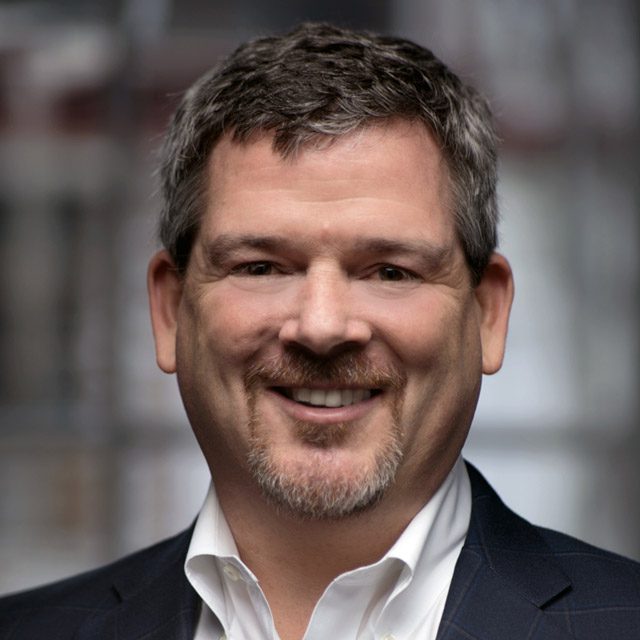CD Issuers Will Keep Struggling to Match Annuity Rates: David Lau

What You Need to Know
The annuity distributor talked about bank asset-liability matching during a recent conference.
David Blanchett of PGIM DC Solutions said that more in-plan annuity options are coming.
Michael Finke, a wealth management professor, scoffed at turning passive retirement savers into active retirement income managers.
An annuity distributor, David Lau, predicts that life insurers will continue to have a relatively easy time beating bank certificate of deposit interest rates.
Lau made that projection in October, during a LIMRA annual conference session in National Harbor, Maryland.
Lau said the mismatch between the liquid customer assets held in checking accounts and savings accounts and the bank assets in 30-year, 3% mortgage loans will limit most banks’ ability to push CD rates much higher for the foreseeable future, according to a recording of the conference posted behind a paywall by LIMRA.
What it means: Clients looking for safe retirement savings products might continue to find that annuities pay higher rates.
Lau’s views: Lau is the founder and CEO of DPL Financial Partners, a company that develops and distributes commission-free insurance and annuity products.
He appeared on a retirement income communications panel at the conference along with David Blanchett and Michael Finke.
Blanchett, head of retirement research at PGIM DC Solutions, said he’s excited about employers’ level of interest in offering in-plan annuities and other tools for participants who will have to convert their plan assets into retirement income.
“I’m incredibly hopeful that we’ll see more innovation in that space in the near future,” Blanchett said. “More acceptance among plan sponsors. More products are coming.”
Finke, a professor of wealth management at the American College of Financial Services, talked about the idea of telling clients who’ve been contributing to target-date mutual funds their entire working lives to suddenly make complicated decisions about optimizing withdrawals once they retire.
“We’ve divorced them as much as possible from having to make active decisions about their investments, and then, they get to retirement, and say they’ve got half a million dollars,” Blanchett said “We sort of dump the half a million dollars on their lap and say, ‘Good luck. You figure out what to do with this, even though you haven’t actually been actively investing your money.’”




